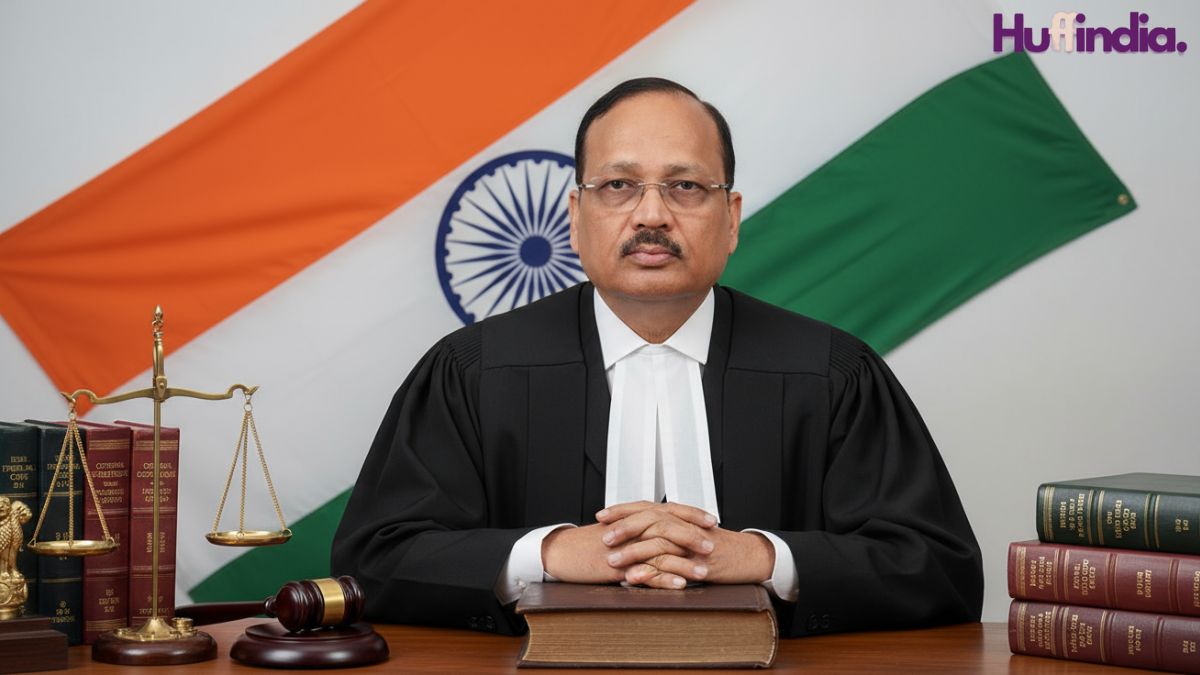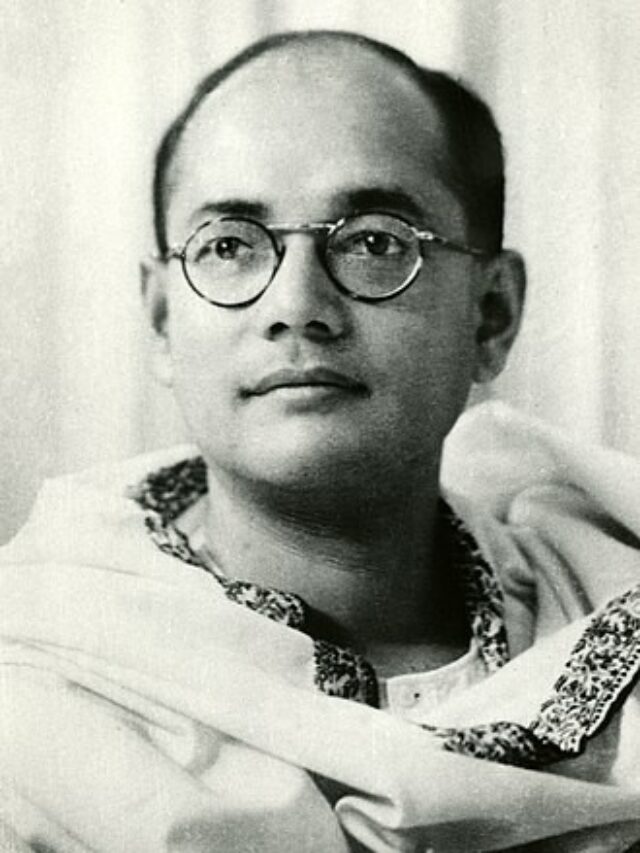Justice Surya Kant Chief Justice India Appointment: A Historic Moment
Justice Surya Kant has been appointed as the 53rd Chief Justice of India, marking a momentous occasion in India’s judicial history and setting the stage for transformative leadership in the nation’s highest court.
The appointment was formally announced by Union Law Minister Arjun Ram Meghwal on October 30, 2025, following the constitutional process of succession. Justice Kant will assume his historic office on November 24, 2025, succeeding Chief Justice DY Chandrachud, and will serve as Chief Justice until February 9, 2027, when he attains the constitutionally mandated age of 65 years.
Justice Surya Kant’s Journey: From Village to Supreme Court Leadership
The journey of Justice Surya Kant from his humble roots to the pinnacle of India’s judicial hierarchy is a compelling narrative of talent, determination, and unwavering commitment to justice. Born on February 10, 1962, in the small village of Petwar in Haryana’s Hisar district, Justice Kant emerged from a middle-class family where his father was a village schoolmaster. Villagers and family members continue to remember him as “Masterji ka beta” (the schoolmaster’s son), a humble designation that belies the extraordinary trajectory his life would take.
Justice Kant’s elevation to the Supreme Court in May 2019 marked a significant milestone in his judicial career. His path to the apex court was paved with distinguished service across multiple judicial forums, including his tenure as Chief Justice of the Himachal Pradesh High Court and his earlier service as a judge of the Punjab and Haryana High Court, where he handled complex constitutional matters and landmark cases.
Justice Surya Kant’s Constitutional Jurisprudence and Judicial Philosophy
Over his two decades on the Bench, Justice Kant has earned a formidable reputation for his sharp judicial reasoning, innovative interpretations of constitutional law, and deep commitment to social justice. His judgments have consistently demonstrated a nuanced understanding of constitutional principles balanced with recognition of ground-level social realities.
Among Justice Kant’s most significant contributions to constitutional jurisprudence was his role in the landmark verdict on the abrogation of Article 370 relating to Jammu and Kashmir. This constitutionally momentous judgment reflected his ability to navigate complex political and constitutional questions with intellectual rigor.
Justice Kant’s judicial philosophy extends beyond constitutional law to encompass broader themes of democracy, free speech, and gender equality. His judgements on these critical issues have helped establish important precedents that protect fundamental rights while respecting the constitutional order. His emphasis on the balance between individual liberty and societal interests has earned him recognition as a judge deeply committed to the Constitution’s protective framework.
Environmental Protection and Corruption Cases: Justice Surya Kant’s Contributions
Environmental jurisprudence has also been a significant focus area of Justice Kant’s judicial work. His decisions on environmental protection reflect a modern understanding that economic development must be balanced against ecological sustainability and public health considerations.
Corruption cases have also featured prominently in Justice Kant’s judicial portfolio. His handling of complex corruption-related matters demonstrates his commitment to judicial integrity and the rule of law. He has consistently worked to ensure that the judiciary maintains its independence from political pressure while fairly adjudicating cases.
Justice Surya Kant Chief Justice India Appointment: Forward-Thinking Leadership
Justice Kant’s approach to judicial administration and court management suggests that his tenure as Chief Justice will focus on modernization and efficiency. His forward-thinking outlook on the challenges facing India’s judicial system positions him to drive meaningful reforms that could enhance access to justice and reduce case pendency.
The appointment of Justice Kant comes at a critical juncture in Indian judicial history. Several major constitutional matters are pending before the Supreme Court, including those related to electoral reforms, criminal justice, digital privacy, and fundamental rights. His leadership will be crucial in steering the judiciary through these complex constitutional questions.
Justice Surya Kant Chief Justice India Appointment and Constitutional Governance
The law minister’s announcement described Justice Kant’s appointment as an exercise of powers conferred by the Constitution of India, emphasizing the constitutional nature of the succession process. This procedural regularity underscores India’s strong traditions of constitutional governance, where succession to the highest judicial office follows established protocols and is guided by seniority-based recommendations.
Justice Kant’s tenure will span over 14 months, during which several landmark cases are likely to come up for hearing. His intellectual acuity, constitutional expertise, and commitment to judicial independence will be tested in navigating these complex matters while maintaining public confidence in the judiciary.
Justice Surya Kant’s Humble Origins and Democratic Values
Justice Kant’s humble origins—as the son of a village schoolmaster—carry powerful symbolism for India’s democratic society. His rise from a small village in Haryana to the helm of India’s judicial system demonstrates the possibility of social mobility through merit, education, and dedication to one’s calling. This narrative resonates with India’s constitutional promise of equal opportunity regardless of one’s birth or social background.
Justice Surya Kant Chief Justice India Appointment: Future Outlook
As Justice Kant prepares to assume office, the judicial fraternity and legal community await his vision for strengthening the Indian judiciary. His leadership promises to bring fresh perspectives to constitutional interpretation while maintaining the Court’s role as the ultimate guardian of India’s constitutional order.
Justice Kant’s appointment represents India’s commitment to maintaining a strong, independent judiciary capable of protecting constitutional democracy. His journey from a village in Haryana to the Supreme Court’s highest office exemplifies the values of meritocracy and constitutional governance that have underpinned independent India’s democratic system.


























